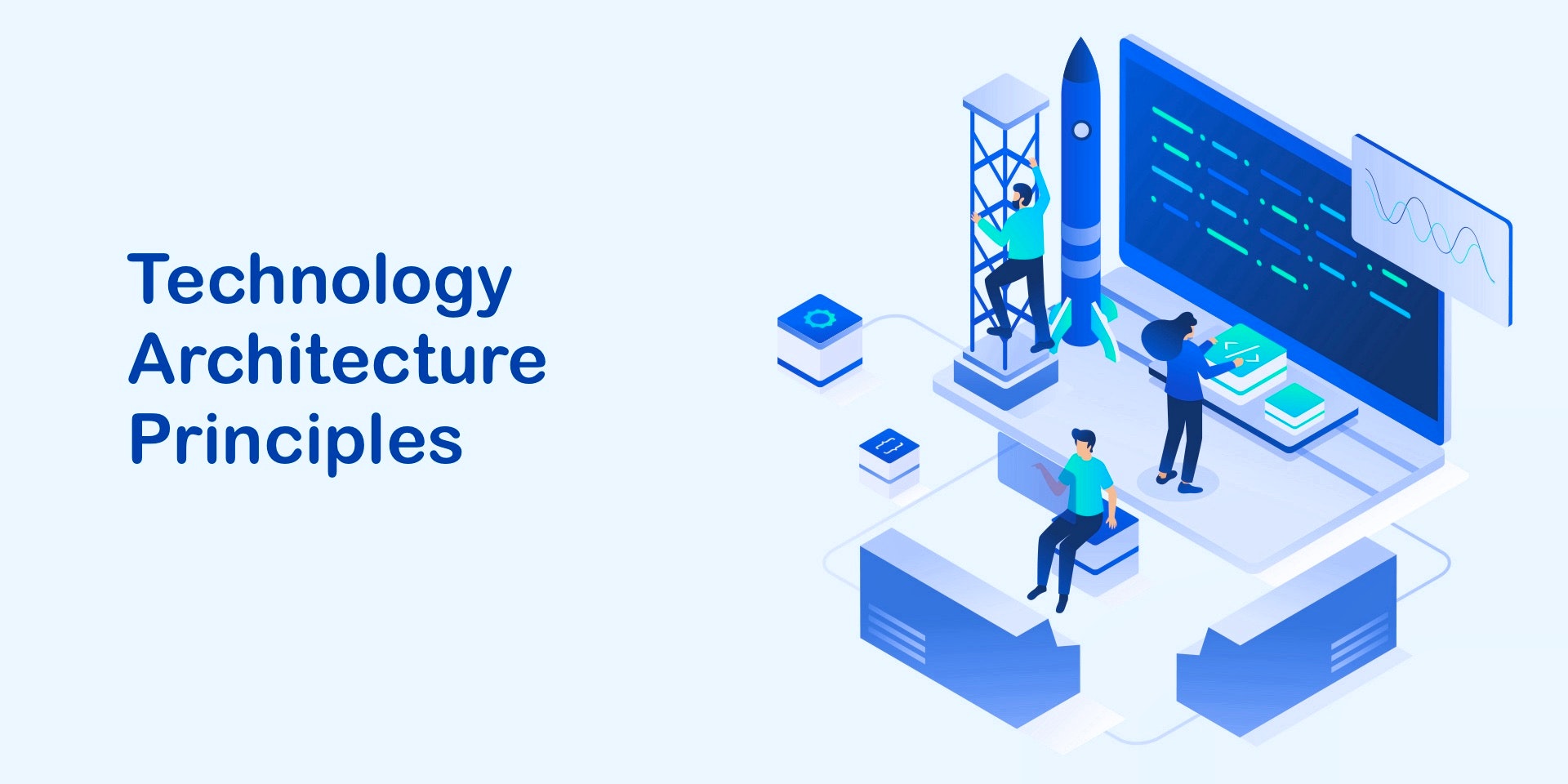Architecture Principles

2 min read
I wrotes these principles down in 2015. I don't recall if I completely came up with them on my own, or if I borrowed some concepts, but I do recall that at the time they felt "visionary" and futuristic. At the time corporate networks were king, and Google's Beyond Corp initiative was in it's infancy. Some company's technology teams and security teams felt threatened by cloud computing, and it still felt new. The last principle was even more "out there" since companies felt they needed to own all the equipment that employees access and and use. Looking back now I love these principles even more, but they seem obvious and ordinary now. Time flies.
We adopt these 3 principles as our fundamental strategy:
- The internet is our network,
- The cloud is our data center, and
- "Work" happens anywhere, on any device.
The internet is our network
- Everywhere: The Internet is ubiquitous.
- Cheap: The Internet is the least expensive network in the world.
- Resilient: The Internet is the most resilient network mankind has ever created. When has the whole Internet ever been down?
The cloud is our data center
- Variable costs: With cloud computing you pay only for what you use. Instead of huge capital expenses, infrastructure, storage and computing all become purely variable costs.
- Agility: Cloud computing offers far more flexibility and agility compared to past computing methods. It's easy for Technology professionals to use.
- Economies of scale: We could never afford the hardware or talent to operate like Amazon, Google or Microsoft's clouds.
"Work" happens anywhere, on any device
- Cost Effective: Everybody owns a laptop and a cell phone - why are companies still supplying them... and managing them? Why are employees forced to carry two of everything? We have to be able to secure our data and systems independently of the devices used.
- Productivity: Employees are more productive with their own devices. Some people work better with MacOS devices and others Windows. Why force an employee to a platform where they are less productive? Many employees have told me they use their personal PC or laptop during the evening, on weekends, or on occasional “work from home” days.
- The employee and the company’s interests are aligned: If the employee loses their device neither the employee, nor the company want their data to fall into the wrong hands. Both parties want the device encrypted and remotely erased if possible. With information replicated into the cloud, neither the company, nor the employee should lose any important data.
- Stewardship: Employees care for and protect their own property more so than company property. Therefore company data is even more likely to be protected, and if the device is lost or stolen it is likely to be noticed immediately.
